NEWS and OPINIONS
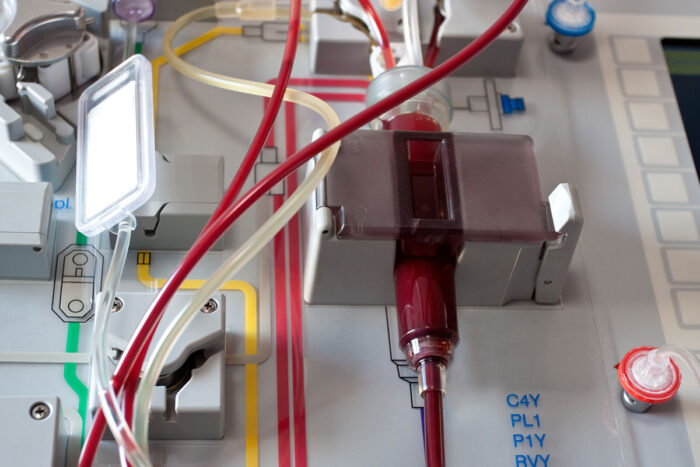
New drug tested to reduce side effect of ‘half-matched’ stem cell transplants
by Julia Evangelou Strait - WashU Medicine - Clinical trial indicates safety, fewer cases of life-threatening graft-versus-host disease than expected Adding a new drug to standard care for stem cell transplant recipients may reduce a life-threatening side effect,...

Gene and Cell Therapies Take Aim at Parkinson’s Disease
By Caroline Seydel - Genetic Engineering & Biotechnology News - Parkinson’s disease is characterized by the loss of dopamine-producing neurons. The current treatment is oral levodopa, which is taken up by brain neurons and converted to dopamine. But levodopa...
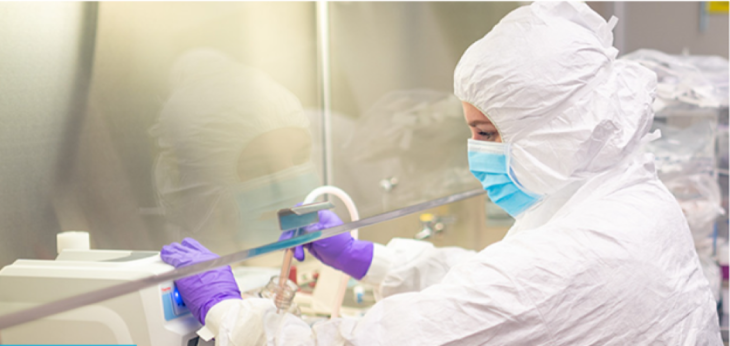
Health Net grant for UC Davis Stem Cell Program to improve access to CAR T-cell therapy
By Nadine A Yehya - UCDavis Health - Funding promotes local production of CAR T-cell immunotherapy for cancer patients UC Davis Health’s Stem Cell Program has received a $500,000 grant from California health insurer Health Net to improve cancer patients’ access to...
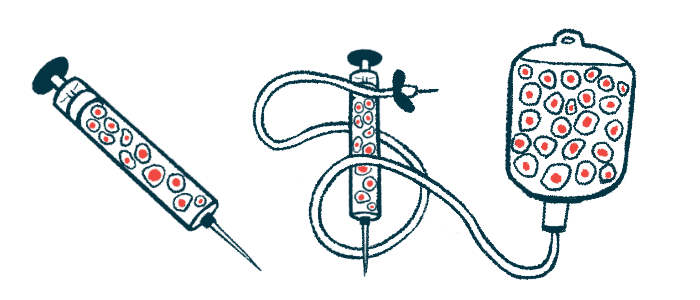
Stem cell therapy TED-A9 showing safety and early efficacy in trial
By Margarida Maia, PhD - Parkinson's News Today - The first six Parkinson’s disease patients given the investigational stem cell-based therapy TED-A9 in a clinical trial showed safety and an easing in their symptoms over one year of follow-up, the company developing...

High Response Rate for CAR T-Cell Therapy in Patients With Fast-Growing Leukemia
By Technology Networks - A novel CAR T-cell therapy has benefitted patients with relapsed acute lymphoblastic leukemia. Patients with relapsed or refractory CD19-positive B-cell acute lymphoblastic leukemia (ALL) who were treated with the novel anti-CD19 chimeric...
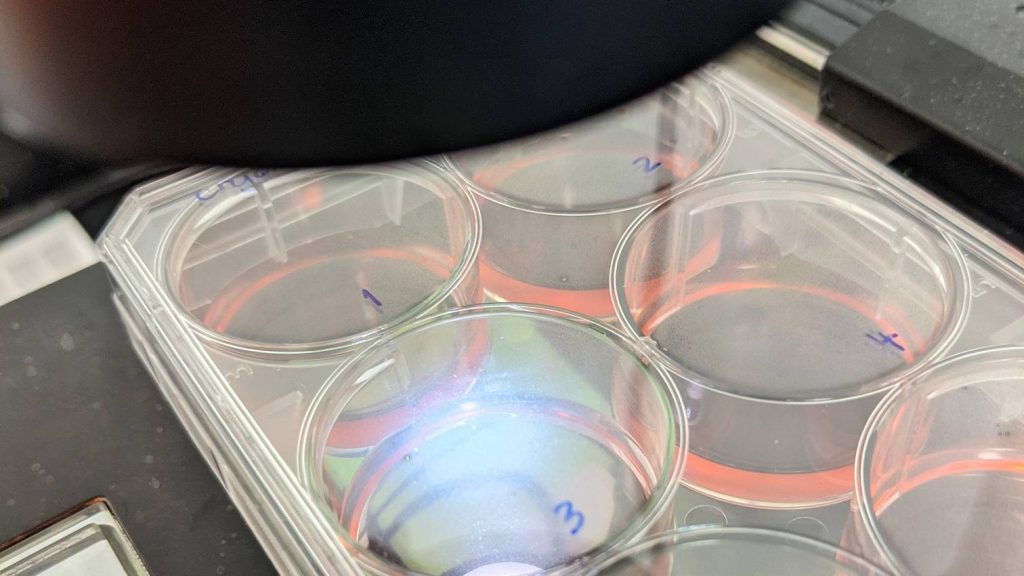
A Mayo Clinic collaboration studies engineered stem cells for liver disease
By Susan Buckles - Mayo Clinic - Mayo Clinic's Center for Regenerative Biotherapeutics is collaborating with the biotech firm HepaTx on an experimental therapy to regenerate tissue in patients with late-stage liver disease. This new technology takes mesenchymal stem...

Local News How a landmark UC Davis Health clinical trial to treat spina bifida gave one Roseville family hope
By Dina Kupfer - CBS News - SACRAMENTO — A landmark clinical trial is underway at UC Davis Health: the world's first spina bifida treatment combining fetal surgery with stem cells. A child taking their first steps marks a major milestone, but for 20-month-old Nixon,...
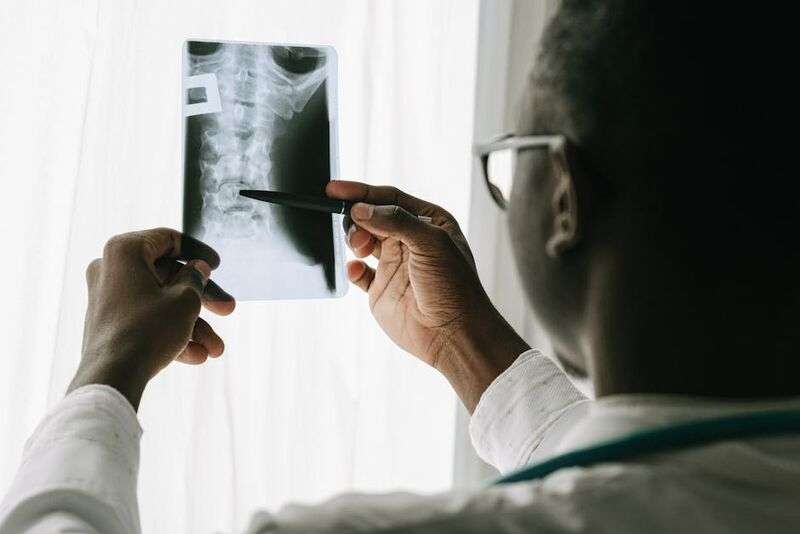
Silk-based biomaterials for promoting spinal cord regeneration: A review
By Science Direct - The management of neurological disorders is profoundly complicated by spinal cord injury (SCI), which leads to the impairment of motor and sensory functions. A major challenge in the treatment of SCI is the formation of a dysfunctional pathological...
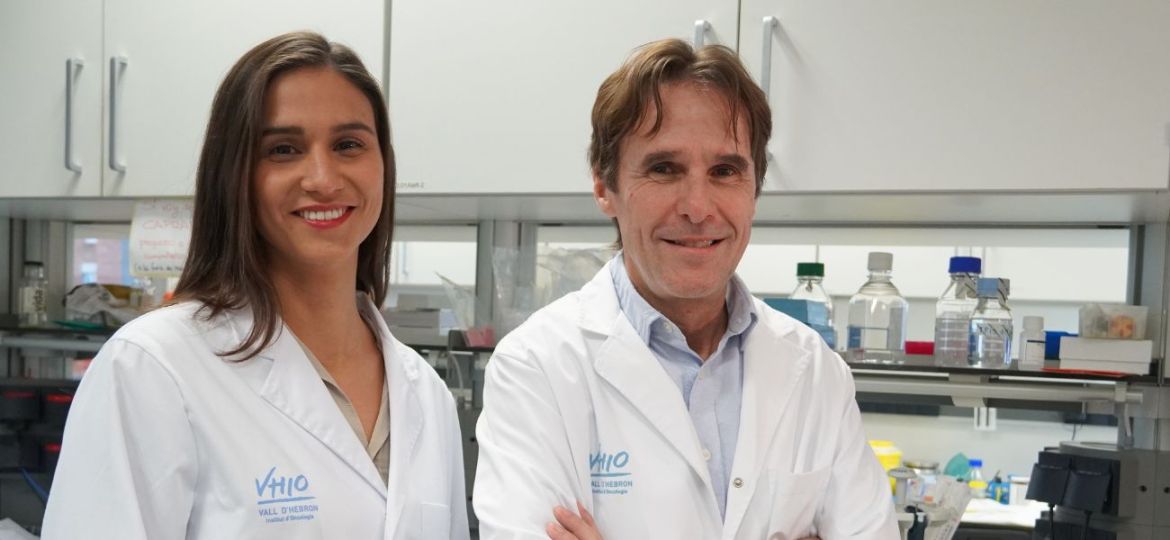
Novel CAR T-cell therapy demonstrates efficacy and safety in preclinical models of HER2-positive solid tumors
By VHIO - One-third of HER2-positive (HER2+) tumors express the P95HER2 protein, which associates with an aggressive form of breast cancer with a poorer prognosis. Investigators of the VHIO’s Growth Factors Group, and the Cancer Research Program of Hospital del Mar...

A sliver of lab-grown wood has been made from stem cells
By James Dinneen - New Scientist - Growing wood directly from stem cells could offer an alternative to cutting threatened hardwood trees, but it isn't clear if it has same properties as actual wood. What may be the world’s first piece of lab-grown wood isn’t quite big...

Largest ALS patient-based stem cell, biodata resource opens for research
by Lindsey Shapiro, PhD - ALS News Today - Answer ALS and Cedars-Sinai have made openly available their amyotrophic lateral sclerosis (ALS) patient-based stem cell and biodata repository to researchers worldwide. The largest of its kind, the repository contains...

Exploring mesenchymal stem cells homing mechanisms and improvement strategies
By Stem Cells Translational Medicine - Mesenchymal stem cells (MSCs) hold tremendous potential for regenerative medicine and the treatment of currently incurable diseases. These adult multipotent progenitor cells are essential for tissue regeneration and wound repair...
